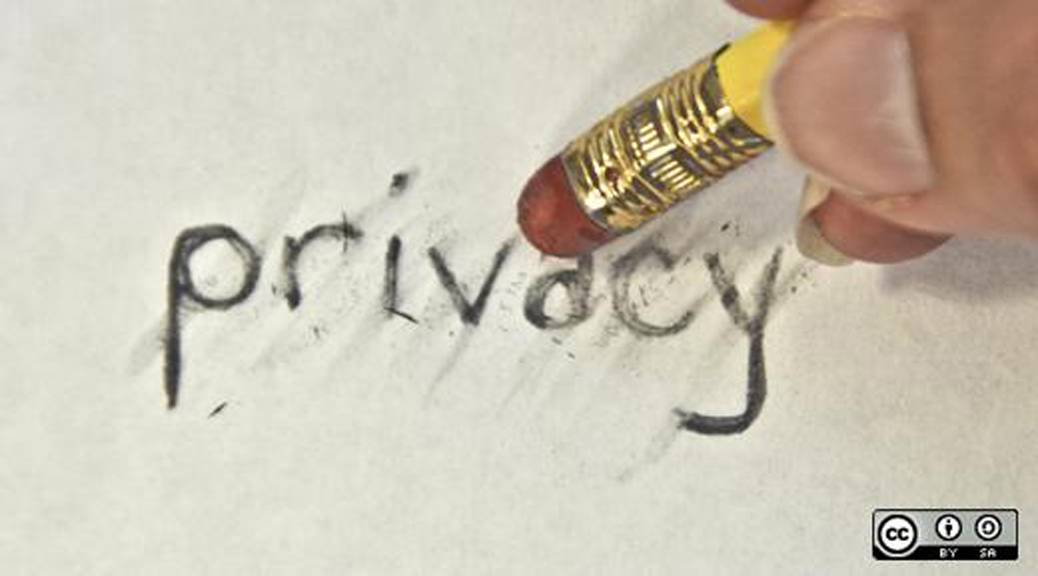This post has been authored by Aryan Babele, a final year student at Rajiv Gandhi National University of Law (RGNUL), Punjab and a Research Assistant at Medianama. On 23rd October 2019, the Delhi HC delivered a judgment authorizing Indian courts to issue “global take down” orders to Internet intermediary platforms like Facebook, Google and Twitter…
Tag: Social Media
Legality of Linking Social Media Accounts to Aadhar
This post has been authored by Saara Mehta, a fifth year at the National Law Institute University, Bhopal. It discusses the legality of linking social media accounts to the government’s Aadhar scheme. On 20thAugust, 2019, the Attorney General of India, K.K. Venugopal, submitted to the Supreme Court that there was a need to link the social media…
Metadata by TLF: Issue 6
Welcome to our fortnightly newsletter, where our Editors put together handpicked stories from the world of tech law! You can find other issues here. Delhi HC orders social media platforms to take down sexual harassment allegations against artist The Delhi High Court ordered Facebook, Google and Instagram to remove search result, posts and any content containing…
Metadata by TLF: Issue 4
Welcome to our fortnightly newsletter, where our Editors put together handpicked stories from the world of tech law! You can find other issues here. Facebook approaches SC in ‘Social Media-Aadhaar linking case’ In 2018, Anthony Clement Rubin and Janani Krishnamurthy filed PILs before the Madras High Court, seeking a writ of Mandamus to “declare the linking…
Facebook’s Acquisitions: A Before and After Comparison of Privacy
For Facebook, it has never been about the profit, but the users. The social network has spent more than $22 billion on acquisitions, which includes $19 billion on WhatsApp exclusively! That is 2000 times the annual revenue of WhatsApp! Other popular acquisitions include Instagram ($1 billion), Oculus ($ 2 billion) and Atlas ($100 million). With…
Privacy on Facebook: An Absolute Prerequisite
[Image Source: http://flic.kr/p/86Q3gF] Social networking websites have taken the Internet by storm in today’s organic society. One such website, Facebook, with over a billion users has often been referred to as the ‘third largest country’ of the world. The rise of Facebook to soaring heights can be credited to first, the intensive monitoring of its users…
Law Commission Media Law Consultation – Panel V, Social Media
(Image Source: https://flic.kr/p/e5wZ3t) The following is a post by Aman Gupta, a fourth year student at NUJS, covering the fifth panel of the Law Commission’s Media Law Consultation. Aman is currently the Director of the NUJS Society of International Law and Policy, and his areas of interest include Sports Law and Media Law. This post brings forward some…
Of Facebook and Privacy – Part I: The Constitutional and Tortuous Facets
(Image Source: opensource.com, https://flic.kr/p/84VZAr) The following post by Samyak Sibasish is the first in a series of posts analysing the effects of Social Media, specifically Facebook, on Privacy. This post focuses on the constitutional and tortuous dimensions of the issue, while the next one will focus on the contractual aspects of it. Samyak is a 3rd year…



